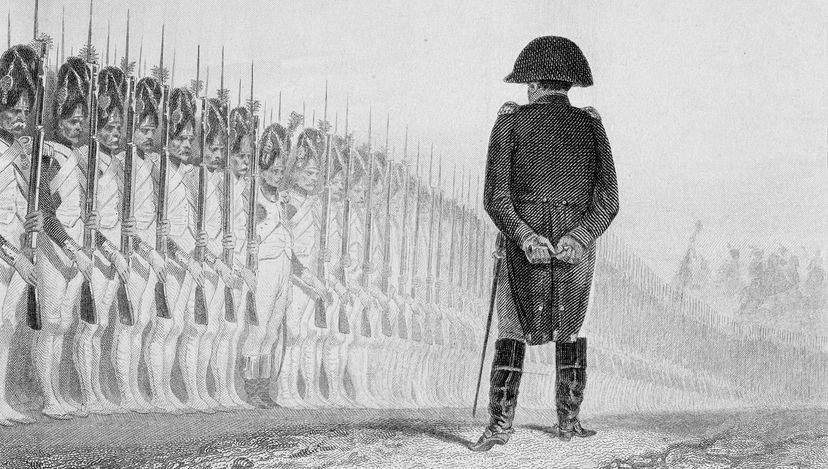According to Merriam-Webster, the term "Napoleon complex" dates back to 1924, around 100 years after the end of the Napoleonic Wars. (Other sources say the origins are a bit unclear.) The term defines shorter men who try to compensate for their height.
It may not be fully applicable to humans, but researchers are discovering it's quite prevalent among animals where conflicts frequently arise over resources and mates. For example, if resources are scarce, smaller males have more to gain by attacking larger males. Even if the smaller animal only has a 50-50 chance of winning, it takes those odds.
If resources are abundant, all bets should be on the little guy, too. Small animals are still more likely to attack larger ones, and the Goliaths are more likely to retreat because they know they can seek alternative resources elsewhere [source: Morrell].
Maybe there's something to the Napoleon strategy after all.



